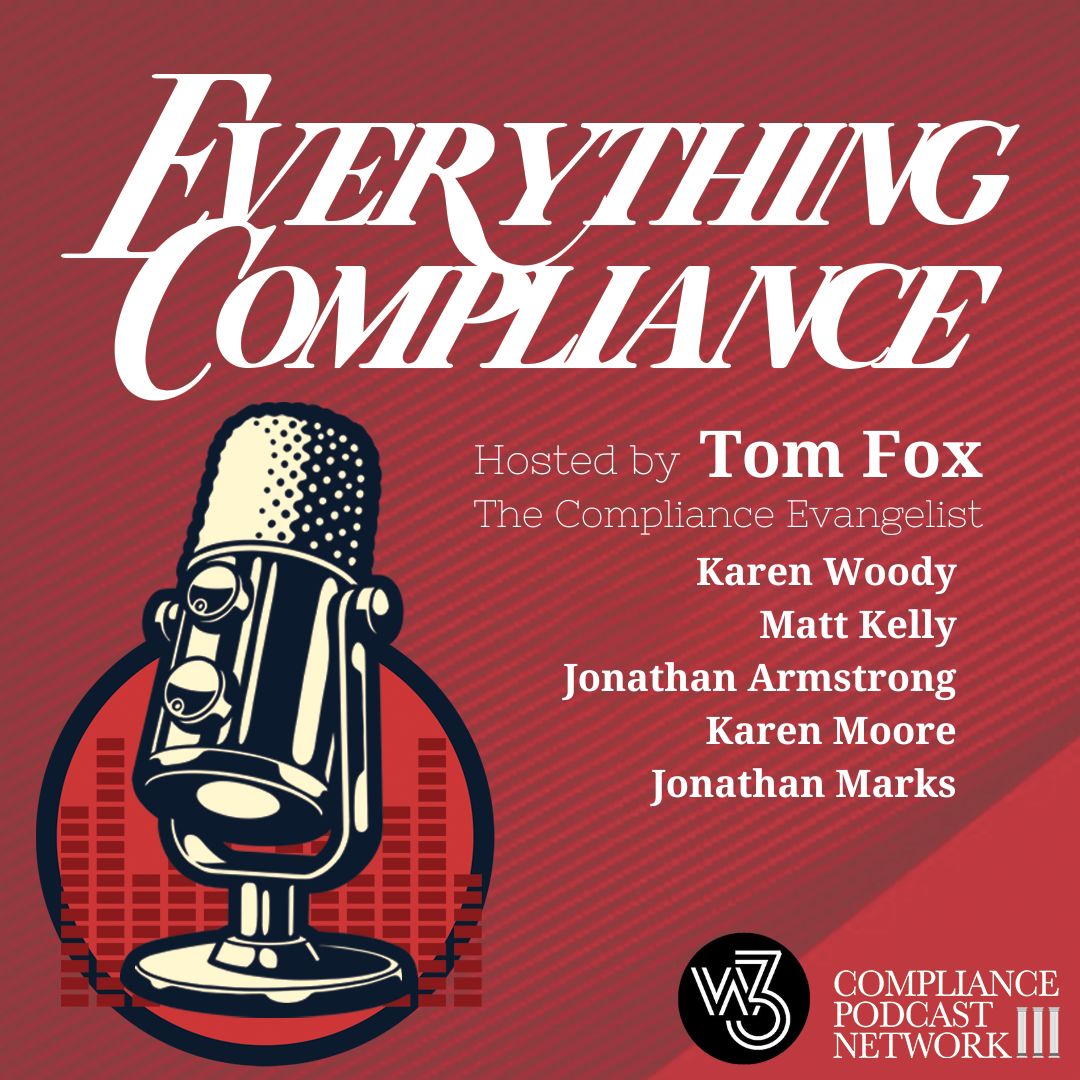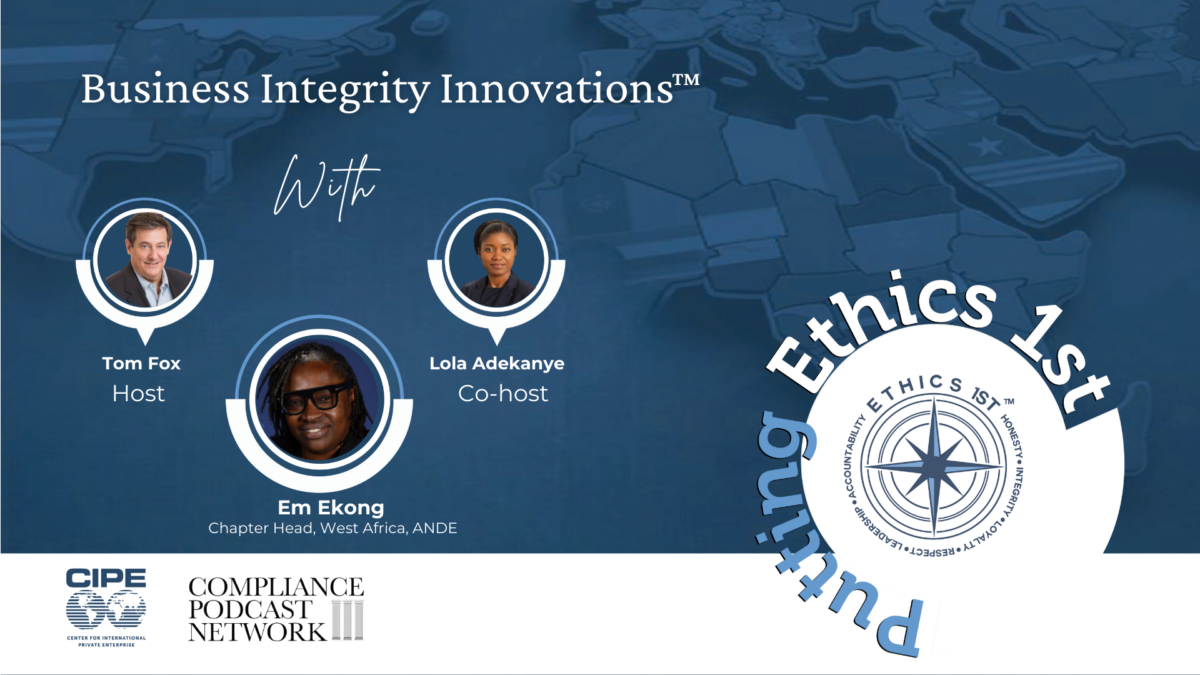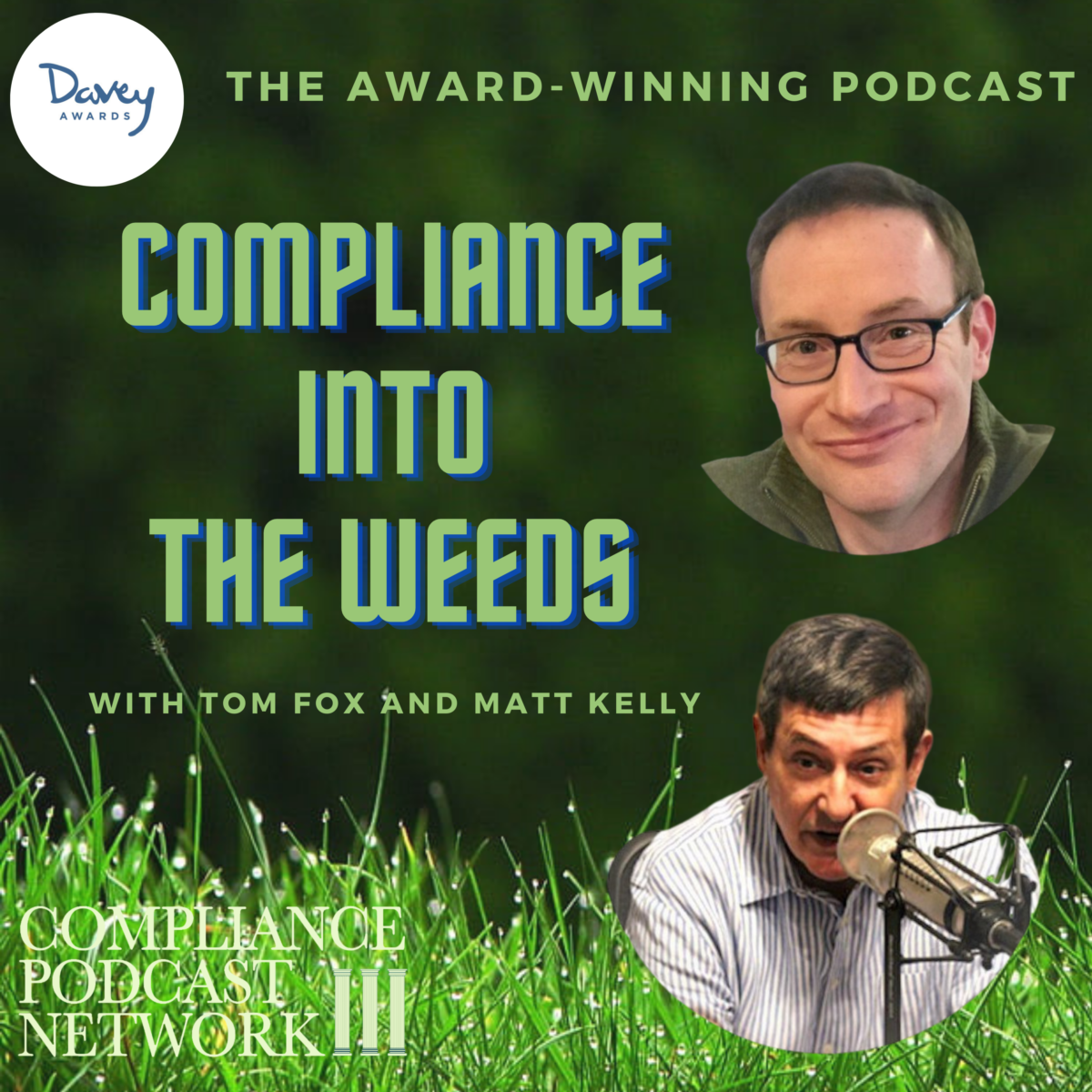We recently had a Foreign Corrupt Practices Act (FCPA) enforcement action that reminded me that everything old is new again in anti-corruption compliance. The Securities and Exchange Commission (SEC) FCPA enforcement action involving Deere and Company (Deere) has bribery schemes torn literally from the first decade of the 21st century as they involved gifts, travel, and entertainment. In other words, it was about a low set of hanging fruit that any compliance officer would see. Today, I want to take a multipart look at the case and see what lessons the enforcement action can provide to the 2024 compliance professional.
Compliance Professionals all know the pressure to act swiftly when misconduct is discovered. It is often tempting to jump straight into remediation to address the problem, protect the company, and appease regulators. However, the case of Deere’s recent FCPA enforcement action reminds us that acting without first understanding the root cause of the misconduct can lead to superficial fixes that fail to prevent future violations.
In the Deere enforcement action, the company faced significant penalties due to bribes paid by subsidiaries of Wirtgen Group, which Deere acquired in 2017. Between 2011 and 2017, Wirtgen subsidiaries engaged in corrupt practices, paying bribes to government officials in several countries, including China and India. While Deere eventually addressed the misconduct post-acquisition, its failure to perform robust due diligence and root cause analysis before remediation exposed it to regulatory and reputational damage.
This case highlights the critical need for companies to conduct a thorough root cause analysis before embarking on remediation efforts. In this blog post, we will detail why a root cause analysis should always precede remediation, what the process entails, and how it can protect your company from future enforcement actions and compliance failures.
Understanding the True Nature of the Problem
The first and most obvious reason to conduct a root cause analysis before remediation is to ensure you address the correct problem. In the Deere case, the misconduct stemmed from bribery by Wirtgen subsidiaries, but the real issue wasn’t just the bribery itself—it was the company’s failure to identify and prevent this behavior in the first place. Simply punishing the employees involved or updating internal policies would have been insufficient without understanding why these bribes were paid.
Before designing an effective remediation plan, you must understand why the misconduct occurred. Was it due to weak internal controls? A culture that tolerated unethical behavior? Inadequate training? A failure to perform due diligence on third parties? Each of these potential causes requires a different remediation strategy. If you do not identify the true cause of the problem, your remediation efforts will be superficial and may not prevent future violations. Root cause analysis allows compliance officers to uncover the underlying reasons for misconduct, enabling them to design targeted solutions that address the actual problem—not just the symptoms.
Root Cause Analysis Helps Identify Systemic Issues
One of the biggest risks when dealing with FCPA violations or corporate misconduct is that the issue may not be isolated to one event or individual. Corruption or compliance failures are often systemic, indicating deeper issues within the company’s culture, policies, or risk management framework. If Deere had conducted a more thorough root cause analysis post-acquisition, it could have uncovered broader issues in Wirtgen’s compliance program and taken proactive steps to address those weaknesses company-wide.
Root cause analysis forces you to ask tough questions about your company’s broader compliance infrastructure. Are certain business units, regions, or third-party relationships more misconduct-prone? Are there patterns of behavior that suggest systemic problems? You can implement more effective, company-wide remediation efforts by identifying these systemic issues beyond addressing a single incident.
Regulators Expect a Root Cause Analysis
Regulators, including the DOJ and the Securities and Exchange Commission (SEC), expect companies to conduct thorough root-cause analyses when investigating FCPA violations. The DOJ’s 2024 ECCP explicitly states that prosecutors will consider whether a company has adequately identified and remediated the root causes of misconduct when determining penalties. Additionally, this was specifically called out in the SAP Deferred Prosecution Agreement (DPA) earlier this year, where the DOJ stated, “5. Conducted a root cause analysis of the underlying conduct then remediating those root causes through enhancement of its compliance program;”.
In the Deere enforcement action, part of the company’s challenge was showing regulators that it had addressed the bribes themselves and the underlying reasons that allowed the misconduct to occur. Companies that skip the root cause analysis and rush into remediation without clearly understanding what went wrong will likely face harsher penalties.
Performing a root cause analysis is more than good practice; it has moved to a regulatory expectation. The more comprehensive your analysis, the more likely regulators (DOJ and SEC) are to view your remediation efforts as credible. A company that can demonstrate it understands the root cause of its compliance failures—and has taken meaningful steps to address those causes—is more likely to receive leniency during enforcement actions.
Preventing Recurrence: Moving Beyond Quick Fixes
One of the major pitfalls of jumping into remediation without a root cause analysis is the risk of implementing quick fixes that don’t address the root problem. For example, in the Deere case, if the company had updated its anti-corruption policy without addressing the broader cultural or systemic issues, it would have left the door open for future violations.
Root cause analysis ensures that your remediation efforts are comprehensive and designed to prevent future violations. Instead of focusing solely on policies or individuals, you’re addressing the broader systems and processes that allowed the misconduct to occur. This might involve rethinking your company’s approach to third-party due diligence, improving internal reporting mechanisms, or enhancing employee training programs to emphasize ethical behavior. A quick fix might resolve the immediate problem, but a comprehensive root cause analysis will prevent recurrence and protect your company long-term.
Improving Your Compliance Program Over Time
Root cause analysis is not a reactive tool; it is a mechanism to continuously improve your company’s compliance program. By regularly performing root cause analyses in response to compliance failures or near misses, you can identify trends, weaknesses, and gaps in your existing program. This allows you to make proactive adjustments and improvements, ensuring that your compliance program evolves to meet new risks and challenges.
Compliance is an ongoing process, and root cause analysis is key. By taking the time to understand why compliance failures happen, you can strengthen and improve your program over time. Don’t wait for a major enforcement action to identify weaknesses in your compliance program—use root cause analysis as a tool for continuous improvement.
Building a Culture of Accountability
Finally, one of the most important benefits of conducting a root cause analysis before remediation is that it fosters a culture of accountability. When employees see that the company is taking a thoughtful, thorough approach to addressing misconduct, they’re more likely to trust the compliance function and adhere to ethical standards.
In the Deere case, the company’s failure to identify and address the root causes of Wirtgen’s corrupt practices could have contributed to a culture where employees felt that bribery was tolerated or encouraged. By contrast, companies emphasizing accountability and transparency in their root cause analyses send a clear message: misconduct will be thoroughly investigated, and systemic issues will be addressed.
Building a strong culture of compliance starts with holding people—and processes—accountable. Root cause analysis helps you identify the individuals responsible for misconduct and the broader systems and structures that allowed it to happen. This accountability, in turn, strengthens your compliance culture and reinforces your company’s commitment to ethical behavior.
The Deere FCPA enforcement action powerfully reminds us of the importance of conducting a root cause analysis before proceeding with remediation. Companies need to understand why misconduct occurred before implementing superficial fixes. By taking the time to perform a thorough root cause analysis, compliance professionals can ensure that their remediation efforts are comprehensive, effective, and designed to prevent future violations.
Remember, root cause analysis isn’t just a best practice, as the DOJ has now noted several times in several places and through several different media; it is a regulatory expectation. It’s also a critical tool for improving your compliance program, building a culture of accountability, and protecting your company from future compliance failures. This means that before you rush to fix the problem, ensure you understand it first. Only then can you design a remediation plan that addresses the cause of misconduct and sets your company up for long-term success.
















